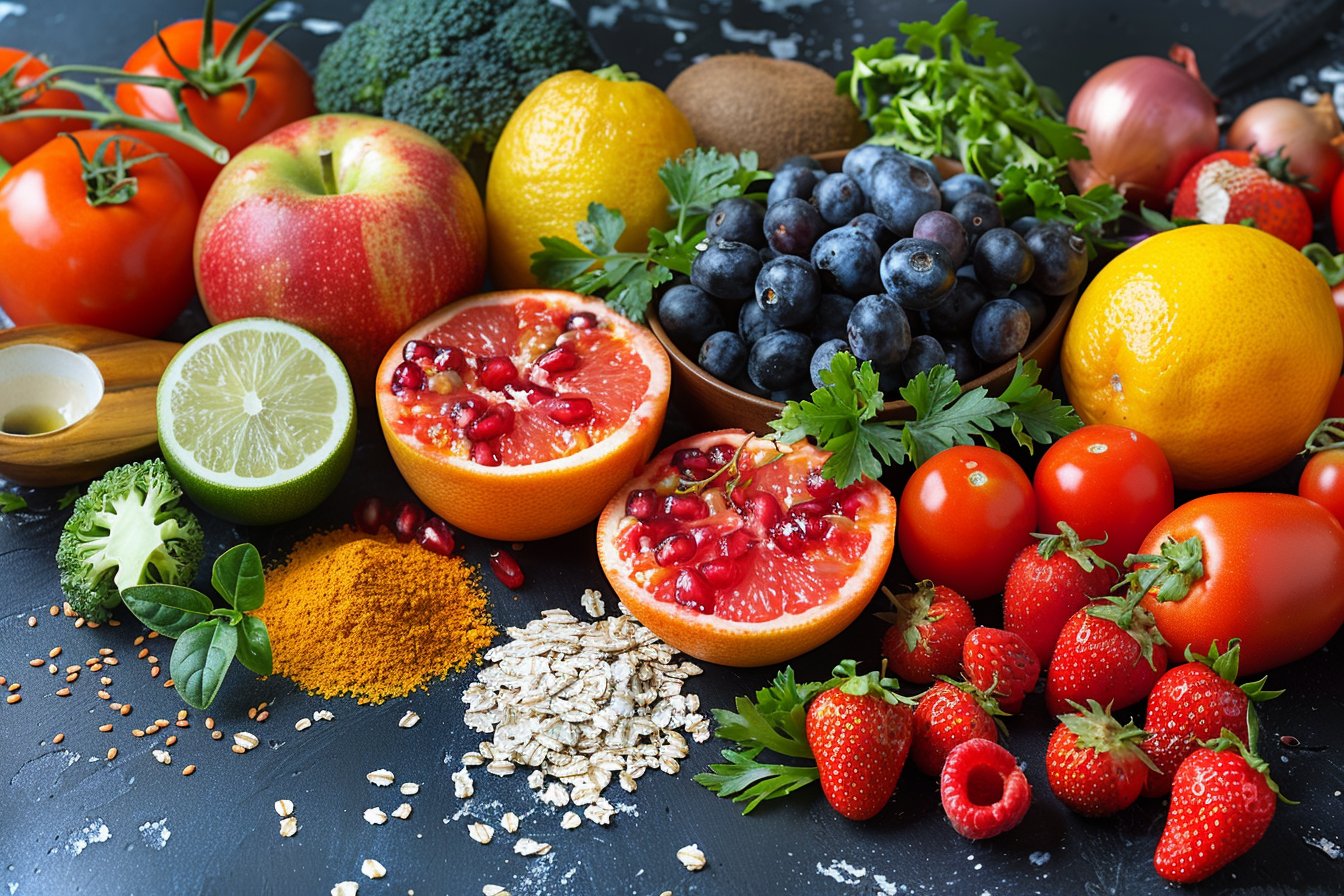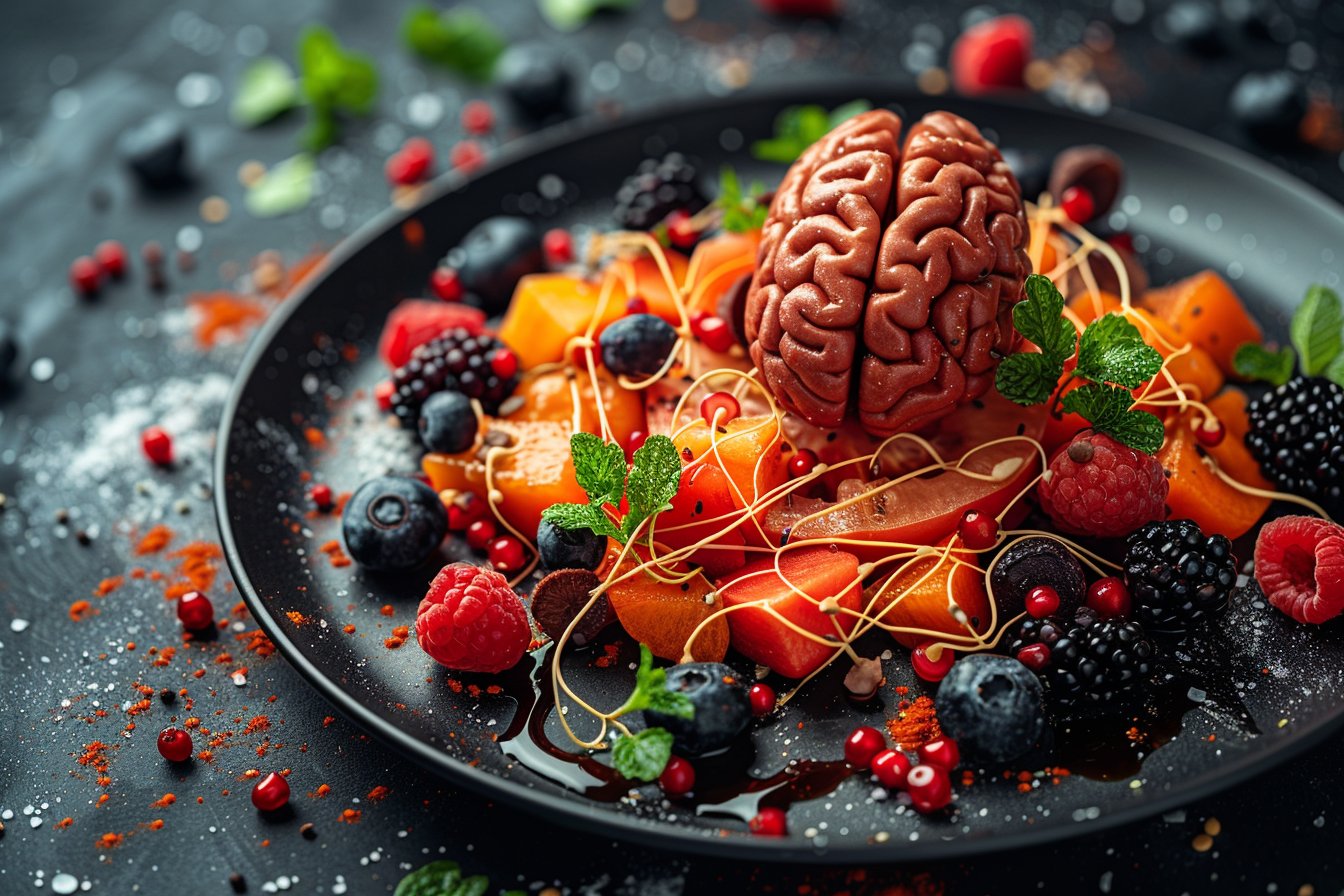The foods we eat can have far-reaching effects on our overall well-being, and this extends beyond just physical health. The connection between food and brain health is a topic that has gained much attention among researchers in recent years. Understanding how our diets impact the way we think, feel, and function is essential for cultivating optimal mental wellness. In this article, we explore the intricate relationship between various types of foods and their effect on our brains and bodies.
The Building Blocks: Macronutrients and Their Role in Brain Function
Macronutrients are the primary sources of energy for the body and play a crucial role in supporting brain health. They consist of carbohydrates, fats, and proteins, each serving unique functions within the neurological system.
Carbohydrates
Carbohydrates are the primary source of fuel for the brain. They are broken down into glucose, which provides a steady stream of energy to cells throughout the body, including neurons. Consuming complex carbs, such as whole grains, fruits, and vegetables, promotes stable blood sugar levels, reducing fluctuating energy levels and enhancing focus and concentration.
Fats
Fats, particularly omega-3 fatty acids found in fish, nuts, and seeds, are vital for maintaining healthy brain cell membranes and promoting neural communication. Some studies have suggested a link between omega-3s and a reduced risk of cognitive decline and dementia. Monounsaturated fats, found in olive oil and avocados, also contribute to optimal brain health by supporting healthy circulation and reducing inflammation.
Proteins
Proteins serve as the primary building blocks for the body’s cells and tissues, playing a critical role in maintaining and repairing the brain’s structure. Amino acids, the components of proteins, also contribute to the synthesis of neurotransmitters – chemicals that facilitate communication between cells. Consuming a balanced diet rich in lean protein sources, such as chicken, fish, beans, and legumes, can help ensure adequate production of these essential molecules.
Antioxidants: Protecting Brain Cells from Damage
Free radicals, unstable molecules produced during metabolic processes, can cause significant harm to the body when they accumulate unchecked. Oxidative stress inflicted by excessive free radicals can trigger inflammation and damage cells, increasing the risk of chronic diseases and age-related cognitive decline. Antioxidants, found abundantly in fruits, vegetables, and certain beverages like tea and red wine, neutralize these harmful molecules and protect against their detrimental effects on the brain.
Vitamins and Minerals for Optimal Cognitive Performance
In addition to macronutrients, various vitamins and minerals support the brain’s functions and overall health. Some notable micronutrients to consider include:
- Vitamin B6, B9, and B12 – These essential vitamins aid in the production of neurotransmitters, promote normal brain development, and may reduce the risk of dementia and Alzheimer’s.
- Vitamin C – This powerful antioxidant predominantly found in citrus fruits supports neuron function and promotes healthy blood vessels in the brain.
- Vitamin E – Another potent antioxidant, vitamin E protects cell membranes from oxidative damage and has been associated with improved cognitive performance.
- Zinc – Involved in brain cell communication, zinc is found in nuts, seeds, and whole grains. Maintaining sufficient levels can prevent memory impairment and cognitive decline.
Ensuring a diet rich in whole, nutrient-dense foods can supply the body and brain with the essential vitamins and minerals needed for optimal function.
The Gut-Brain Connection: How Probiotics Affect Mental Health
The gut-brain axis is a bidirectional communication system linking our digestive tracts and brains. Evidence suggests that the balance of bacteria within our gut microbiome plays a central role in regulating mood and mental health. Consuming probiotics, which are live microorganisms found in fermented foods like yogurt, kefir, and sauerkraut, may enhance brain function by promoting a healthy balance of gut bacteria. Probiotic supplementation has also been shown to alleviate symptoms of depression and anxiety in some individuals.
Foods to Avoid for Optimal Brain Health
While certain foods promote brain health, others can hinder cognitive performance and contribute to the risk of neurodegenerative conditions. Some key culprits include:
- Sugar and refined carbohydrates – Diets high in sugar and simple carbs have been associated with increased inflammation, which can damage brain cells and impair neurological function.
- Saturated fats – Found primarily in animal products such as fatty meats and full-fat dairy, saturated fats can encourage the production of inflammatory proteins known to negatively affect brain health.
- Trans fats – Artificially created trans fats present in processed foods, baked goods, and fried items have been linked to cognitive decline and an increased risk of dementia.
- Alcohol – Excessive consumption of alcohol can lead to neuron damage, disrupted neurotransmitter function, and impaired learning and memory skills.
Moderating or eliminating these potentially harmful dietary components can protect brain cells, enhance mental performance, and contribute to overall neurological health.






